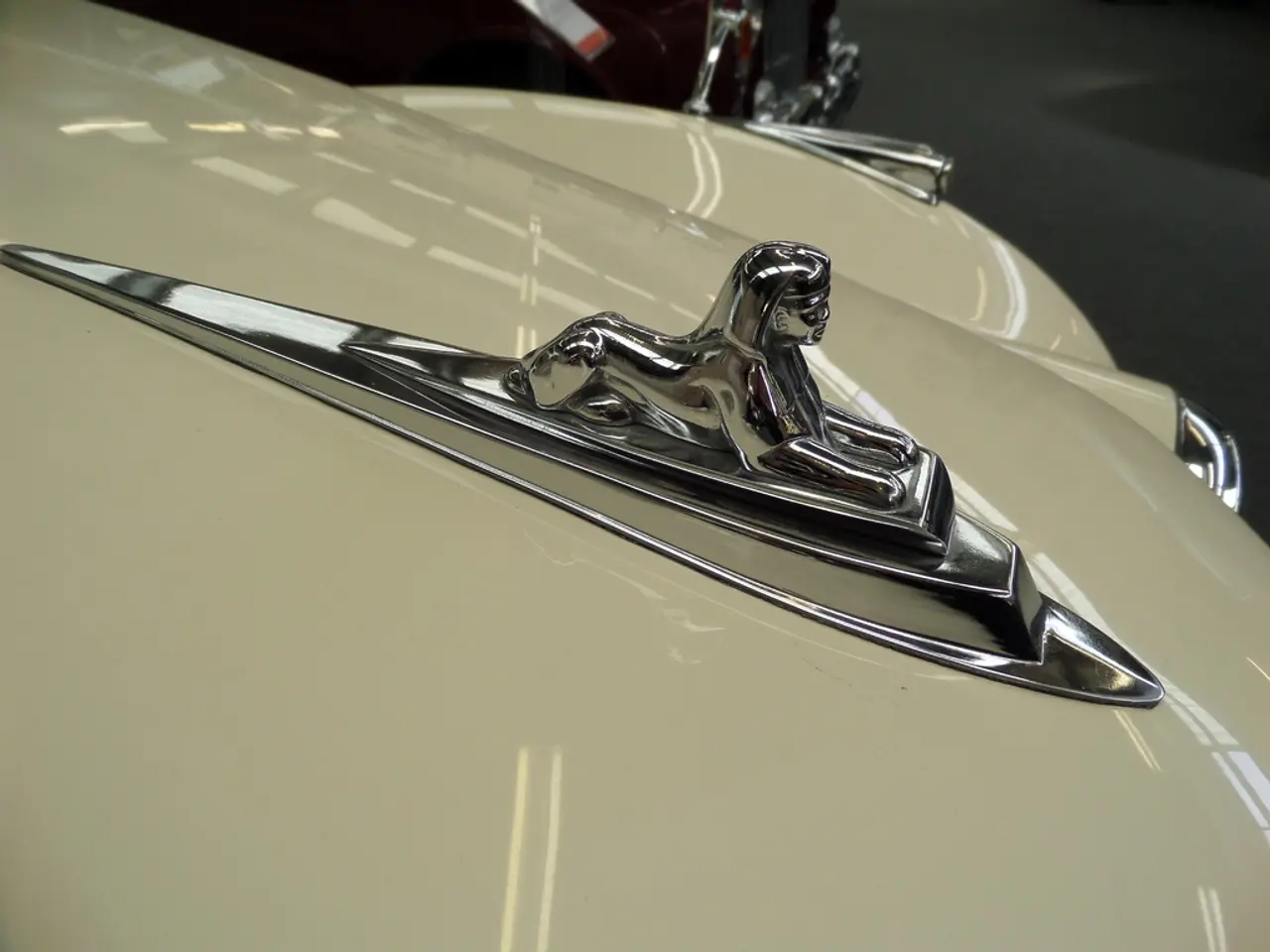Reason Behind the Consistent Market Demand for Certain Automobile Manufacturers Over Others
When considering the purchase of a new car, the resale value is an essential factor that can significantly impact your financial future. This article highlights the key factors influencing car resale values, helping you make informed decisions and choose models with strong resale value.
Factors Affecting Car Resale Values
- Mileage (Kilometres on the Odometer): Lower mileage generally indicates less wear and tear on the vehicle, increasing its resale value. High mileage, on the other hand, tends to reduce value even if the car runs well.
- Physical Condition: A clean, dent-free exterior and a well-maintained cabin make a positive impression, while damage such as scratches, dents, and worn interiors significantly decrease resale value.
- Complete Service History: A full, well-documented maintenance record builds buyer trust, showing the car has been properly cared for. Service at authorized centers enhances value.
- Market Demand and Brand Reputation: Models with strong demand in the used car market, often related to popularity, fuel efficiency, and affordability, hold their value better. Brands known for reliability, such as Toyota and Honda, also retain their value well.
- Color & Modifications: Popular, neutral colors like white, black, or silver help maintain value. Unusual or very bright colors can make a car harder to sell. Modifications often reduce value due to buyer preference for stock vehicles.
- Availability of Replacement Parts & Dealer Support: Cars with readily available parts and strong dealership service networks tend to hold value better, as repairs and maintenance are easier and less costly.
- Warranty and Certification: Vehicles sold with extended or certified pre-owned warranties provide buyers peace of mind against repairs and tend to retain value better.
Making Informed Decisions
- Research the market demand and popularity of the model in your area, favoring brands with a strong reputation for reliability and efficiency.
- Check resale value rankings from trusted sources (e.g., Kelley Blue Book) to identify models known for retaining value.
- Prioritize buying vehicles with low mileage, excellent physical condition, and a complete service history, including authorized service records.
- Choose common, neutral colors to ensure easier resale down the line.
- Consider cars with manufacturer warranties or strong dealership support to reduce ownership risks.
- Avoid heavily modified vehicles or models with scarce replacement parts to protect resale value.
By considering these factors and aligning your choice with market trends and vehicle reliability, you can maximize your investment and ensure stronger resale value over time.
Reshaping Car Resale Values: Trends to Watch
The rise of electric and hybrid vehicles is reshaping the car resale value landscape. Newer electric models from brands like Tesla have demonstrated stronger resale value thanks to improved battery longevity and strong brand appeal.
Certain car brands, such as Toyota, Honda, and Subaru, retain their value well due to their reputation for reliability, longevity, and low repair costs.
To make a smarter investment, research resale trends, choose models with strong longevity, and avoid excessive discounts. By understanding what affects car depreciation, you can ensure that your next vehicle choice is not only enjoyable to drive but also a wise financial decision.
- The popularity and demand for electric and hybrid vehicles, such as those from brands like Tesla, are reshaping the car resale value landscape, as they often demonstrate stronger resale value due to improvements in battery longevity and strong brand appeal.
- Certain automotive brands, like Toyota, Honda, and Subaru, tend to retain their resale value well due to their reputation for reliability, longevity, and low repair costs.
- To make smarter investments when purchasing new cars, research resale trends, choose models with strong longevity, and avoid excessive discounts to ensure both driving enjoyment and a wise financial decision.
- In the realm of personal-finance, understanding what factors affect car depreciation, such as mileage, physical condition, service history, market demand, and brand reputation, can help you make informed decisions and optimize your investments in the automotive industry.




